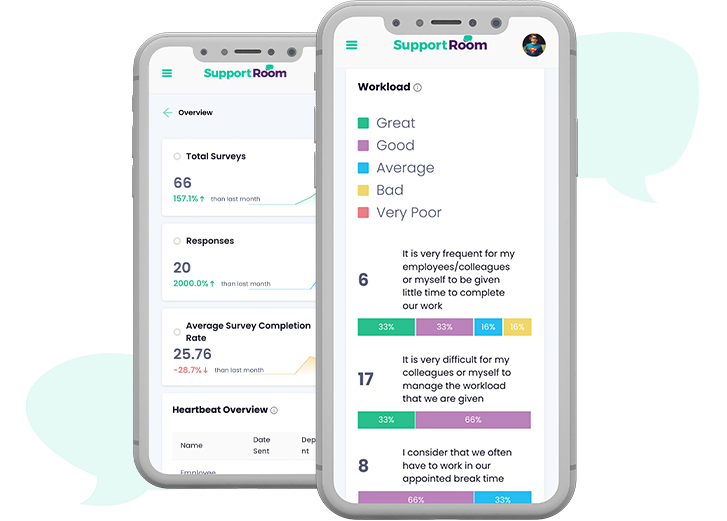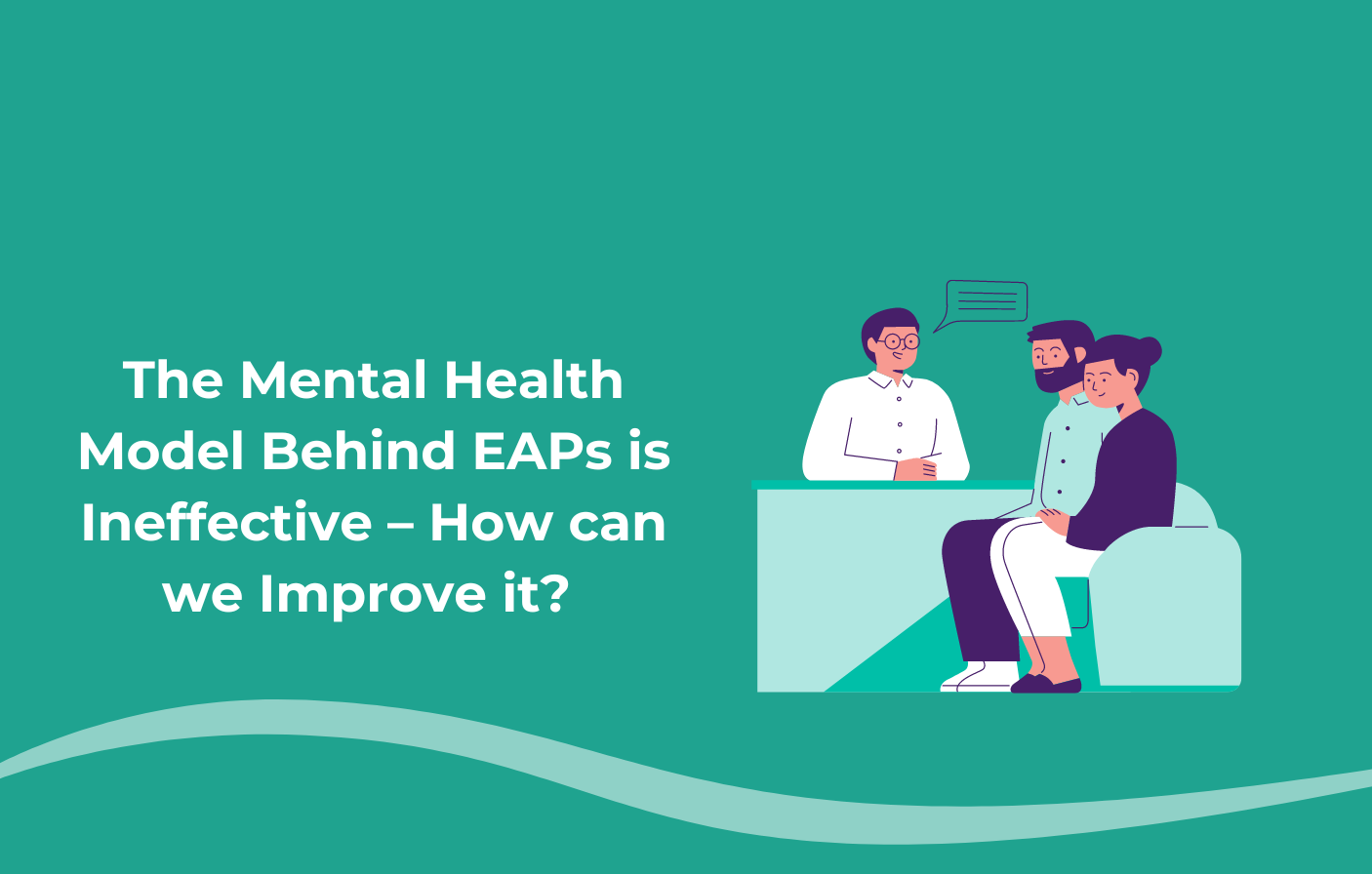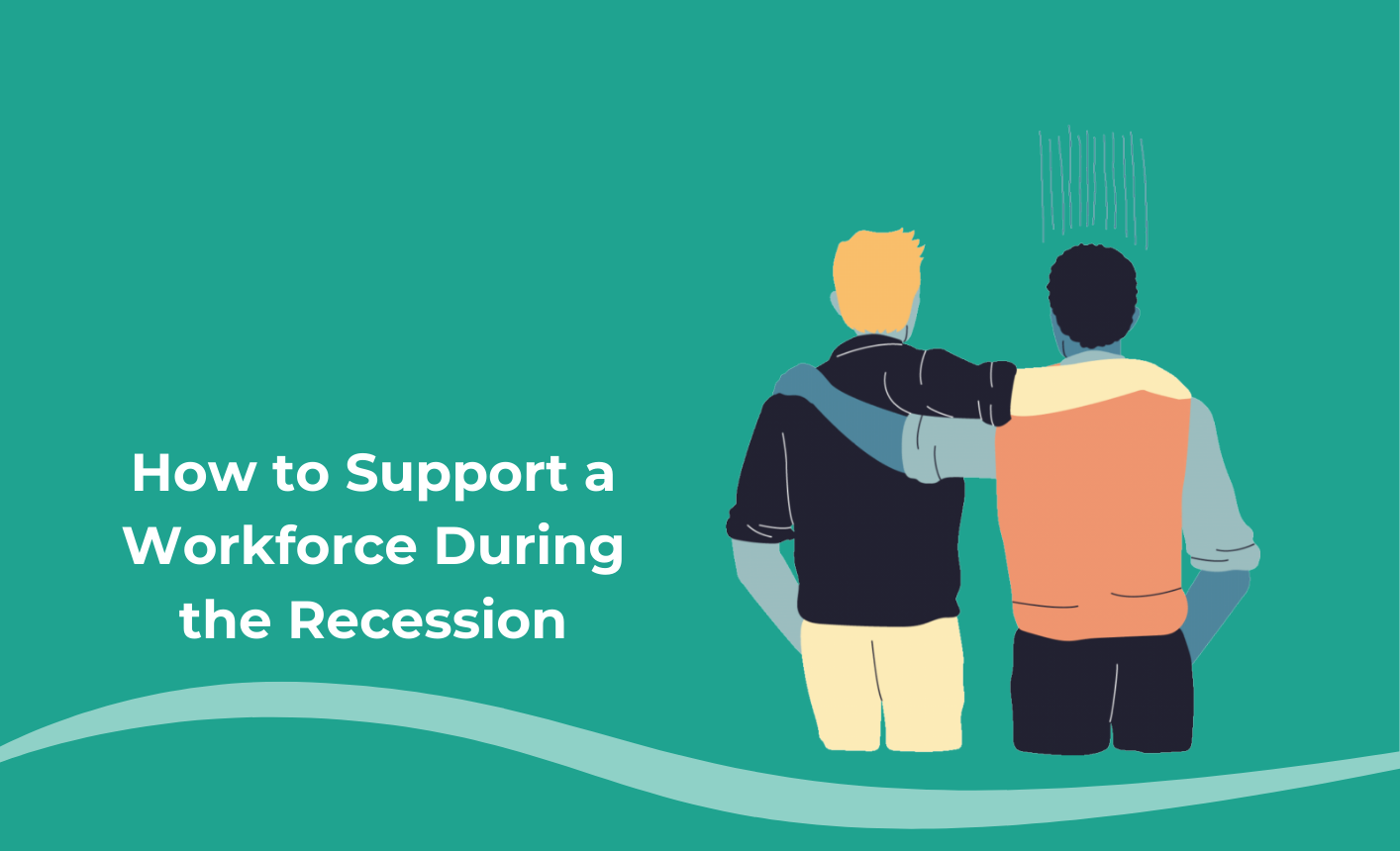Work-life balance refers to the equilibrium between a person’s professional commitments and personal life. It is the ability to effectively manage and prioritize responsibilities and activities related to work, family, leisure, and personal well-being. Work-life balance recognizes that individuals have multiple roles and responsibilities beyond their professional careers, including family, relationships, health, and personal interests.
Having a healthy work-life balance means allocating appropriate time and energy to both work-related activities and personal pursuits, while ensuring that one does not overshadow or negatively impact the other. It involves setting boundaries, managing time effectively, and creating harmony between professional and personal spheres.
Work-life balance varies for each individual, as it depends on personal values, priorities, and preferences. Some people may place more emphasis on their careers, while others prioritize their personal lives. The goal is to find a sustainable and fulfilling balance that allows individuals to thrive in both their professional and personal domains.
Achieving work-life balance can lead to several benefits, including reduced stress, improved mental and physical well-being, enhanced productivity, better relationships, and overall satisfaction with life. It is an ongoing process that requires self-awareness, conscious decision-making, and effective time management to ensure that one’s energy and attention are distributed appropriately across all aspects of life.
Work-life balance is important for several reasons:
Health and Well-being: Maintaining a healthy work-life balance is crucial for overall well-being. Chronic stress and an imbalance between work and personal life can lead to physical and mental health issues such as burnout, anxiety, depression, and various other stress-related illnesses. Prioritizing personal time and self-care activities promotes better physical health, emotional well-being, and improved quality of life.
Increased Productivity and Engagement: When individuals have a healthy work-life balance, they are more likely to be engaged and productive in their work. Taking time for rest and rejuvenation allows for better focus, creativity, and problem-solving abilities. It prevents exhaustion and increases motivation, leading to higher levels of productivity and job satisfaction.
Stronger Relationships: Balancing work and personal life enables individuals to allocate time and attention to their relationships. Building and maintaining meaningful connections with family, friends, and loved ones is vital for emotional support, social well-being, and overall happiness. Work-life balance ensures that individuals have time for nurturing and maintaining these relationships.
Personal Growth and Development: Pursuing interests and activities outside of work is essential for personal growth and development. It allows individuals to explore hobbies, learn new skills, and engage in activities that bring them joy and fulfillment. Having a balanced life fosters personal growth, expands one’s horizons, and contributes to a sense of fulfillment and self-actualization.
Retention and Employee Satisfaction: Employers who promote and support work-life balance create a positive work environment. This, in turn, improves employee satisfaction and retention rates. When employees feel that their personal lives are respected and valued, they are more likely to remain loyal to the organization, exhibit higher levels of commitment, and contribute positively to their work.
Workforce Diversity and Inclusion: A culture that encourages work-life balance promotes diversity and inclusion within the workforce. It acknowledges and accommodates the diverse needs and responsibilities of employees, such as caregiving responsibilities, personal interests, and cultural or religious commitments. By fostering work-life balance, organizations create an inclusive environment that respects individual differences and attracts a diverse range of talent.
Prevention of Burnout: Imbalances between work and personal life can lead to burnout, which is a state of physical, emotional, and mental exhaustion. Burnout negatively impacts performance, motivation, and overall well-being. Prioritizing work-life balance helps prevent burnout and promotes a sustainable approach to work that allows individuals to thrive in the long term.
Overall, work-life balance is crucial for maintaining physical and mental health, fostering healthy relationships, and achieving personal and professional fulfillment. It benefits individuals, organizations, and society as a whole by promoting well-being, productivity, and positive work culture.
Work-life balance has always been important, but with the rise of remote employment, it has become even more crucial. Without the physical boundaries between work and personal life, it’s easy for the two to blend together, leading to increased stress and burnout. Here are some tips for both employees and employers to promote work-life balance in the era of remote employment:
Tips for Employees:
Establish a dedicated workspace: Create a designated area for work that is separate from your personal space. This will help you mentally transition into work mode and maintain a boundary between work and home life.
Set clear boundaries: Define your work hours and communicate them to your colleagues and superiors. Stick to these boundaries as much as possible to prevent work from encroaching on your personal time.
Create a routine: Establish a daily routine that includes dedicated time for work, breaks, and personal activities. Having a structured schedule helps maintain a sense of balance and makes it easier to switch between work and personal life.
Take regular breaks: Breaks are essential for productivity and well-being. Step away from your workspace during breaks to relax and recharge. Engage in activities that help you disconnect and recharge, such as going for a walk or practicing mindfulness.
Set realistic goals and prioritize tasks: Clearly define your goals for each day and prioritize your tasks accordingly. This helps you stay focused and prevents you from overworking or feeling overwhelmed.
Practice self-care: Make time for self-care activities that promote physical and mental well-being. Exercise regularly, get enough sleep, eat nutritious meals, and engage in hobbies or activities that bring you joy and relaxation.
Communicate with your team: Stay connected with your colleagues and superiors through effective communication channels. Regularly check in with your team, share progress updates, and seek assistance when needed. This fosters collaboration and helps manage expectations.
Tips for Employers:
Encourage work-life balance: Lead by example and promote a healthy work-life balance within your organization. Encourage employees to take breaks, set boundaries, and prioritize self-care. Make it clear that work-life balance is valued and supported.
Set realistic expectations: Ensure that workloads and deadlines are reasonable and achievable. Avoid creating a culture of overwork and encourage employees to have a healthy balance between work and personal life.
Establish clear communication channels: Provide employees with effective communication tools and platforms to facilitate collaboration and connection. Encourage regular check-ins and provide opportunities for open and transparent communication.
Offer flexible working arrangements: Embrace flexibility by allowing employees to have control over their schedules, within reason. Consider options like flexible working hours or compressed workweeks to accommodate personal needs and promote work-life balance.
Provide resources and support: Offer resources and support for employees’ well-being, such as access to mental health services or wellness programs. Provide information on stress management, mindfulness, and work-life balance strategies.
Foster a positive company culture: Create a positive work environment where employees feel valued, appreciated, and supported. Recognize and reward their efforts, and encourage a healthy work-life integration.
Train managers on work-life balance: Provide training and education for managers to help them understand the importance of work-life balance and how to support their team members in achieving it. Equip them with the skills to recognize signs of burnout and address work-life balance issues effectively.
Remember, achieving work-life balance is a shared responsibility between employees and employers. By implementing these tips, both parties can contribute to creating a healthier and more productive work environment in the era of remote employment.

Gain FREE access to Heartbeat
Get a free Heartbeat Survey.
Let us uncover the true state of your team’s wellbeing with a free mental health survey for your entire organisation.
Gain valuable insights to see how you can better support your team’s mental health and performance.
No pitch. No credit card required.





